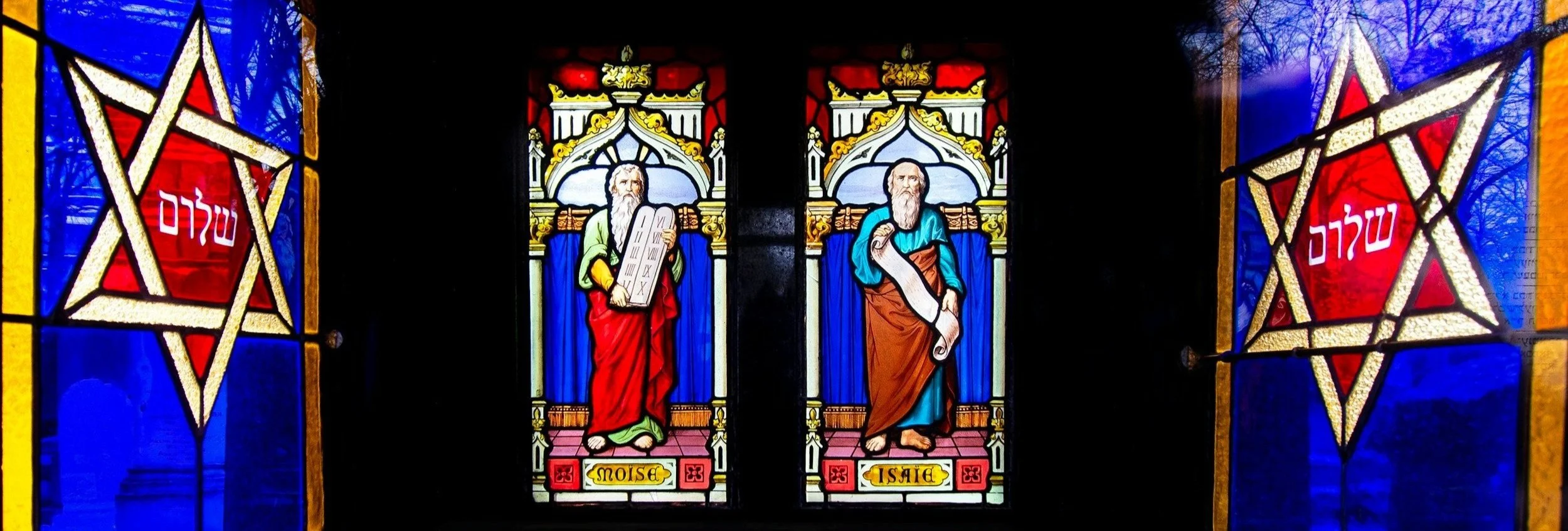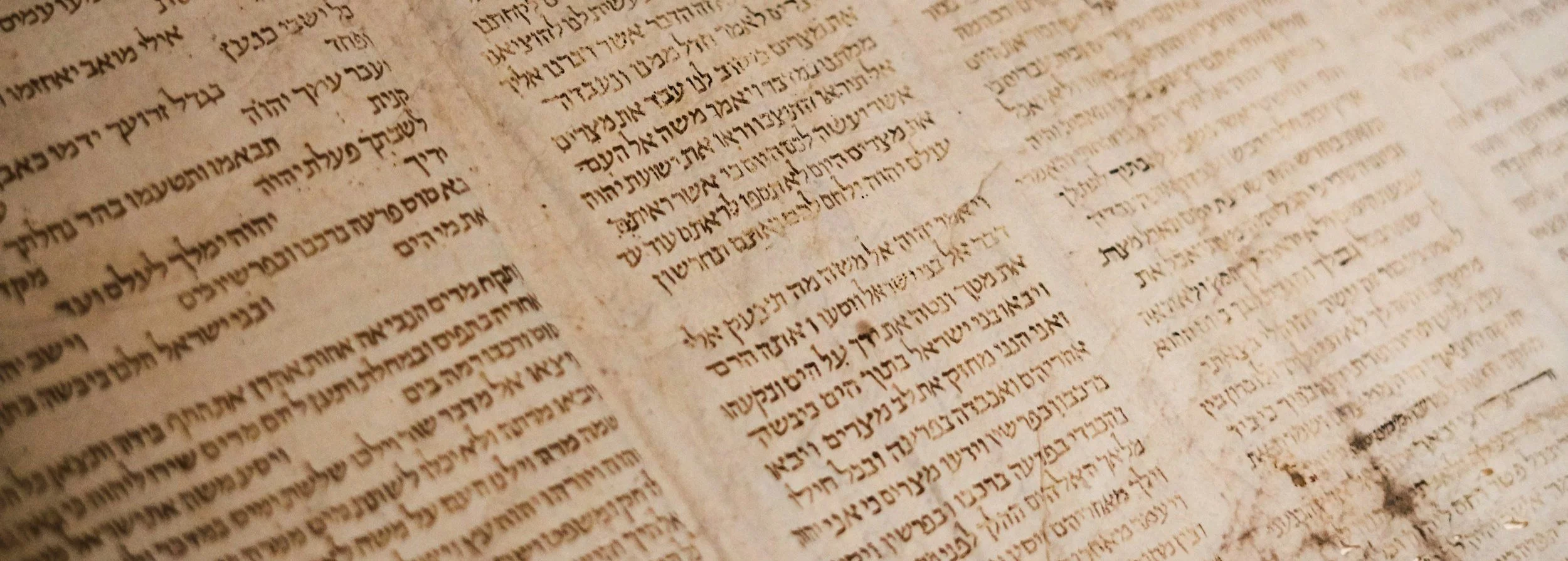Moses's Role in the Old Testament: Political and Spiritual Leadership
Moses’s influence is central to the narrative of the Israelites in the Old Testament. He serves as both a political and spiritual leader, guiding the Hebrew people out of slavery in Egypt, establishing laws, and forming the foundations of Israel as a nation. Below, we outline his main roles along with biblical references.
1. Moses’s Role in Egypt
Advocate for the Hebrews
Role: Moses was chosen by God to advocate for the release of the Israelites from Egyptian slavery, acting as a mediator between God and Pharaoh.
Scriptural Reference:
- Exodus 3:10 (ESV):
"Come, I will send you to Pharaoh that you may bring my people, the children of Israel, out of Egypt."
- Exodus 5:1 (ESV):
"Afterward Moses and Aaron went and said to Pharaoh, 'Thus says the LORD, the God of Israel, "Let my people go, that they may hold a feast to me in the wilderness."'"
- Prophet and Spokesman
- Role: Moses acted as a prophet and the mouthpiece of God, delivering divine warnings to Pharaoh and speaking God’s commands.
- Scriptural Reference:
- Exodus 7:1-2 (ESV):
"And the LORD said to Moses, 'See, I have made you like God to Pharaoh, and your brother Aaron shall be your prophet. You shall speak all that I command you, and your brother Aaron shall tell Pharaoh to let the people of Israel go out of his land.'"
- Challenger to the Political Order
- Role: Moses challenged Egypt’s political and religious system by confronting Pharaoh and the Egyptian gods, symbolized by the plagues.
- Scriptural Reference:
- Exodus 12:12 (ESV):
"For I will pass through the land of Egypt that night, and I will strike all the firstborn in the land of Egypt, both man and beast; and on all the gods of Egypt I will execute judgments: I am the LORD."
- Exodus Leader
- Role: As the leader of the Exodus, Moses guided the Hebrews out of Egypt, initiating their journey to freedom.
- Scriptural Reference:
- Exodus 14:21-22 (ESV):
"Then Moses stretched out his hand over the sea, and the LORD drove the sea back by a strong east wind all night and made the sea dry land, and the waters were divided. And the people of Israel went into the midst of the sea on dry ground, the waters being a wall to them on their right hand and on their left."
2. Moses’s Role Among the Hebrews
- National Leader and Judge
- Role: Moses became the Israelites' leader and judge, organizing them into a structured society.
- Scriptural Reference:
- Exodus 18:13-14, 17-18 (ESV):
"The next day Moses sat to judge the people, and the people stood around Moses from morning till evening... Moses' father-in-law said to him, 'What you are doing is not good... You are not able to do it alone.'"
- Lawgiver
- Role: Moses is best known for receiving and delivering God’s law, beginning with the Ten Commandments, forming the Israelite moral and legal foundation.
- Scriptural Reference:
- Exodus 20:1-2 (ESV):
"And God spoke all these words, saying, 'I am the LORD your God, who brought you out of the land of Egypt, out of the house of slavery.'"
- Deuteronomy 4:8 (ESV):
"And what great nation is there, that has statutes and rules so righteous as all this law that I set before you today?"
- Mediator Between God and the People
- Role: Moses regularly interceded for the Israelites, acting as a mediator when they disobeyed or lost faith.
- Scriptural Reference:
- Exodus 32:11-14 (ESV):
"But Moses implored the LORD his God and said, 'O LORD, why does your wrath burn hot against your people...? Turn from your burning anger and relent from this disaster against your people.'"
- Numbers 14:19-20 (ESV):
"Please pardon the iniquity of this people, according to the greatness of your steadfast love... Then the LORD said, 'I have pardoned, according to your word.'"
- Military Leader
- Role: Moses led Israel in battles during their wilderness journey, acting as both a military leader and a spiritual intercessor for victory.
- Scriptural Reference:
- Exodus 17:10-13 (ESV):
"So Joshua did as Moses told him, and fought with Amalek, while Moses, Aaron, and Hur went up to the top of the hill... And Joshua overwhelmed Amalek and his people with the sword."
- Nation-Builder
- Role: Moses was responsible for organizing Israel into a nation, preparing them spiritually and culturally for the Promised Land.
- Scriptural Reference:
- Deuteronomy 4:1 (ESV):
"And now, O Israel, listen to the statutes and the rules that I am teaching you, and do them, that you may live, and go in and take possession of the land that the LORD, the God of your fathers, is giving you."
- Numbers 1:2-3 (ESV):
"Take a census of all the congregation of the people of Israel... from twenty years old and upward, all in Israel who are able to go to war."
Key Aspects of Moses's Political and Spiritual Role
- Liberator: Moses’s foundational political role was as a liberator, leading the Hebrews out of Egyptian slavery.
- Exodus 6:6 (ESV):
"Say therefore to the people of Israel, 'I am the LORD, and I will bring you out from under the burdens of the Egyptians, and I will deliver you from slavery to them, and I will redeem you with an outstretched arm and with great acts of judgment.'"
- Lawgiver: Moses received and established God’s laws for Israel, laying the groundwork for Israel’s identity.
- Exodus 24:3 (ESV):
"Moses came and told the people all the words of the LORD and all the rules. And all the people answered with one voice and said, 'All the words that the LORD has spoken we will do.'"
- Mediator: Moses’s role as an intercessor is highlighted during Israel’s times of rebellion, acting as a crucial link between God and His people.
- Numbers 12:6-8 (ESV):
"And he said, 'Hear my words: If there is a prophet among you, I the LORD make myself known to him in a vision... Not so with my servant Moses. He is faithful in all my house.'"
- Administrator and Judge: Moses was responsible for the administration and governance of Israel, as seen in his system for resolving disputes and conflicts.
- Deuteronomy 1:16-17 (ESV):
"And I charged your judges at that time, 'Hear the cases between your brothers, and judge righteously between a man and his brother or the alien who is with him.'"
- Military and Diplomatic Leader: Moses played a diplomatic and military role during the Israelites' wilderness journey, guiding the people through battles and negotiations.
- Numbers 20:14 (ESV):
"Moses sent messengers from Kadesh to the king of Edom: 'Thus says your brother Israel: You know all the hardship that we have met.'"
Summary of Moses's Impact
Moses’s impact on the Hebrew people spans multiple dimensions:
1. Political Liberator and Advocate: Moses led the Hebrews out of Egypt, standing as a powerful advocate for the enslaved.
2. Lawgiver and Constitution Creator: By giving the Israelites the Ten Commandments and other laws, Moses established the religious and moral code that would define Israel.
3. Mediator Between God and Man: Moses continually mediated between the Israelites and God, helping to maintain their covenant relationship.
4. Military Leader: Though not primarily a warrior, Moses led and inspired Israel in battles, often by praying for divine assistance.
5. Nation-Builder: Moses’s leadership organized a group of former slaves into a distinct people ready to enter and establish themselves in the Promised Land.
In summary, Moses is regarded as one of the most influential figures in Israel’s history, shaping the nation's identity and faith through his multifaceted roles. His life and leadership formed a blueprint for the Israelites' relationship with God, paving the way for the nation’s eventual entry into the promised land.


